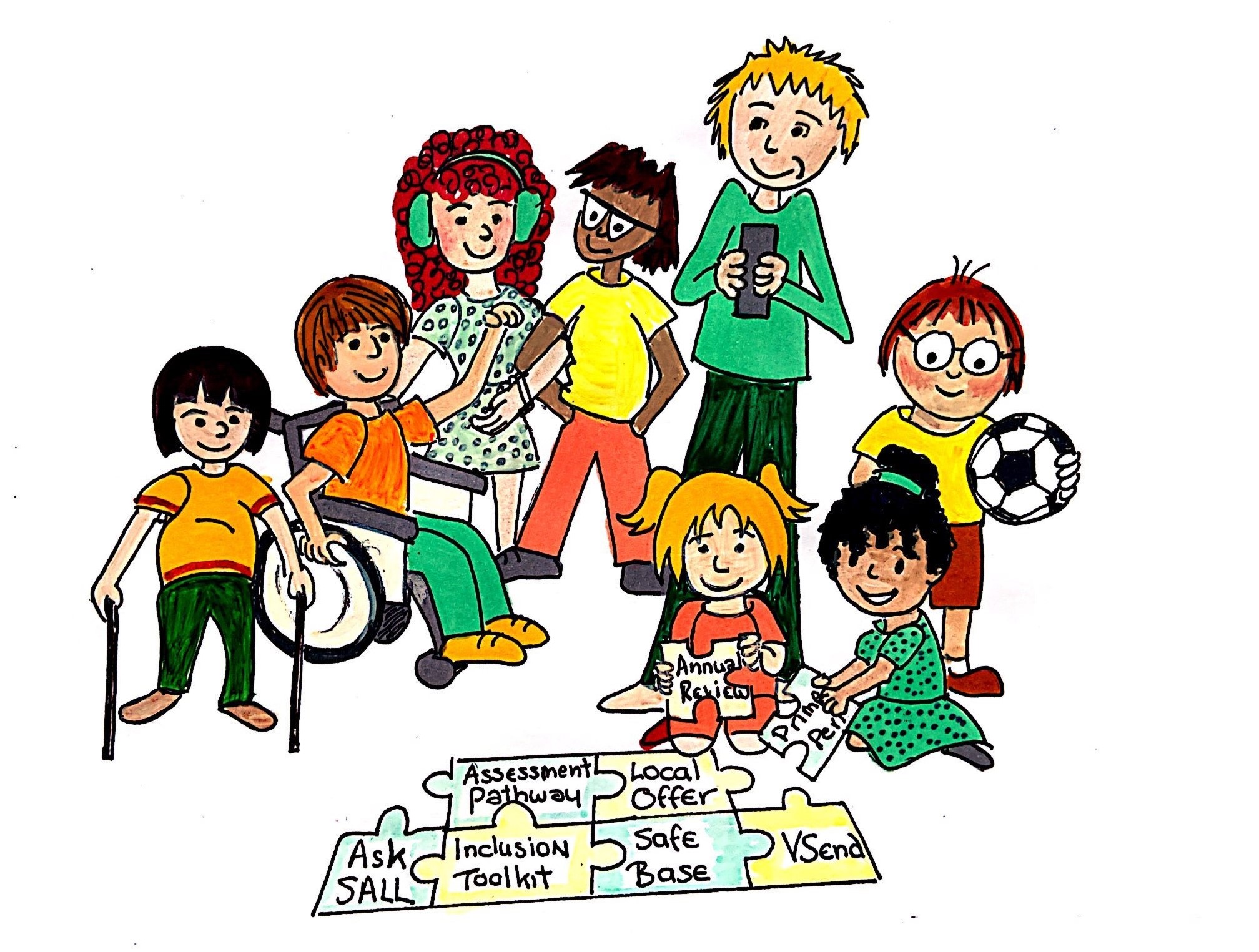Towards independence and Preparing for Adulthood (PfA)
Chapter 8 of the SEND code of practice sets out how children and young people in your settings, should be supported and prepared to achieve their life outcomes including further education or training, employment, good health and wellbeing, life skills for independent living, friendships and relationships, and participation in the community. Planning should start early, and centred on the child or young person's aspirations, interests and needs. Raising aspirations and expectations for children and young people should be embedded in the curriculum and extracurricular activities, which will enable them to achieve their best outcomes.
Settings should seek partnerships with agencies including health, social care and the wider community, to help children and young people understand what is available to support and enable them to achieve their outcomes in preparation for adulthood. . Settings should be able to signpost young people and their families to information and advice on support and services available in planning for the future. Young people in Year 9 (ages 13-14) needs to be supported to focus on planning for the future, including the identification of appropriate Post 16 pathways, that will lead to good outcomes for employment, good health and wellbeing, and being a part of their community. Careers advice and guidance must be provided in your settings to promote planning for future training and employment. If a young person has an EHC Plan, the annual review from Year 9 onwards must have a focus on life outcomes and support to prepare for independent living.
Young people should be supported and encouraged to participate in planning and reviews, to ensure they are part of the decision making process, actively involved and more confident in making decisions about their future. The promotion of self-advocacy is important and where necessary the use of advocacy services should be encouraged, if the young person struggles to have a voice.
Preparing for adulthood tool developed by DfE outlines how life outcomes can form part of planning across the age range from early years to post 16.


